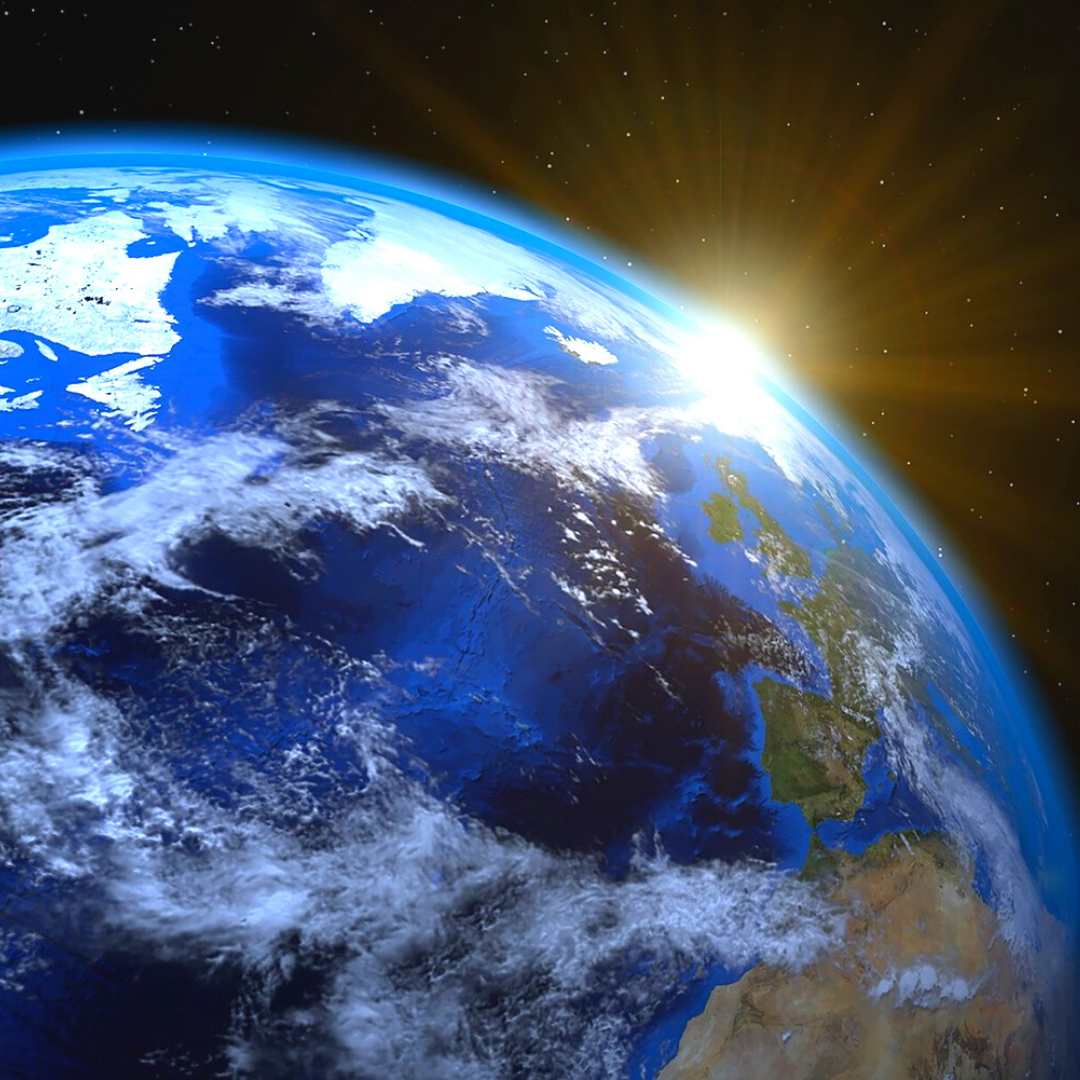According to the new report from the United Nations’ Intergovernmental Panel, shifting diets from meat and other animal products to plant-based diets has a high potential for reducing carbon footprints and mitigating climate change, as well as improving human health.
Studies demonstrate that a shift to plant-based diets rich in pulses, nuts, fruits, and vegetables could lead to substantial reduction of greenhouse gas emissions as compared to current dietary patterns in most industrialized countries.
What we put on our plates has an impact on the environment in terms of land use, water availability, greenhouse gas emissions, and more.
Land Conservation
The fact that a plant-based diet is more effective is one of the simplest arguments in favor of it being better for the environment. Eating plants eliminates the massive environmental cost associated with animal farming as opposed to eating animals that consume plants.
Water Supplies
Meals made from plants use less water than foods made from animals for a variety of reasons. The United States uses about half of its water supply to raise livestock. The majority of the water utilized is not for the animals' drinking needs; rather, it is for growing the crops that will be used as their food. It can require 1,800 to 4,000 gallons of water to produce one pound of meat. The average water footprint of beef per gram of protein is six times more than that of legumes, according to the Water Footprint Network.
Greenhouse Gas Emissions
According to a 2017 study published in the journal Climatic Change, if every American switched to beans instead of beef, our nation could reach between 46 and 74 percent of the greenhouse gas reduction goals outlined in the Paris Agreement. A plant-based, whole-food lifestyle is not only beneficial to your health, but it is also among the best things you can do for the environment.
Is consuming fish any better?
Commercial fishing is the single largest source of plastic in our seas, accounting for around 46% of the famed Great Pacific Garbage Patch in the form of abandoned fishing nets. More than 300,000 dolphins and whales are killed each year as a result of fishing, further depleting our oceans of all marine species, including mammals.
A Plant-based Lifestyle is simply our best Eco-Friendly choice
Living a plant-based lifestyle is good for you, and for the health of the environment. To make an even bigger difference, choose whole, unprocessed, locally sourced foods when conditions in your area allow. Shop for seasonal produce that comes in packaging that can be composted or biodegrades, or even better, no packaging at all. And try to waste less food by shopping smart and eating what you already have.
In Conclusion
What’s in it for the planet is what’s in it for all of us. We are at a point where we must use every bit of our consciousness in the everyday decisions that we make that will impact the future of many generations. We must look at alternative, or maybe even old ways of doing things. We now must look at everything we do in sustainable ways and a whole-food, plant-based lifestyle offers exactly that.
Source: United Nation, Forks Over Knives,
